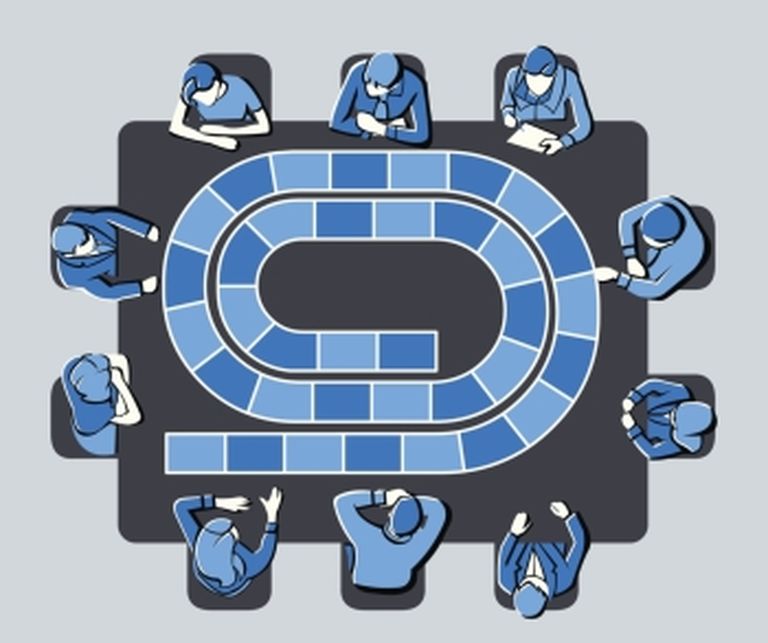When the Biden administration highlighted the nation’s extreme shortfall in cybersecurity talent at a White House summit in July, Cisco was ready — with a pledge to train 200,000 new security workers in the next three years.
The Cisco Networking Academy is the engine that will drive this diverse new workforce.
In a wide-ranging interview, Laura Quintana, vice president and general manager of the Cisco Networking Academy, shared her passion for changing lives around the world, while supporting the tech and security innovators of tomorrow.
Thank you, Laura! I’m sure you were excited in July when Fran Katsoudas, Cisco’s chief people, policy, and purpose officer, attended the National Cyber Workforce and Education Summit at the White House. What role will Networking Academy play?
I was thrilled! This cybersecurity skills gap is huge, with more than 700,000 unfilled jobs in the U.S. We really need to ensure that we continue to ramp up in filling those jobs and have a stronger cybersecurity workforce to protect our nation and our world.
That’s sounds like a job tailor-made for Cisco’s Networking Academy.
Yes! This month, the Networking Academy will celebrate 25 years of impact. The program was established back in 1997, believe it or not. And I’m just excited that in the past 25 years we’ve benefited 17.5 million people in 190 countries.
Traditionally, IT and cybersecurity have been dominated by white males. How is Networking Academy working to redress that and other imbalances?
I’m proud to share that 26 percent of our 17.5 million students are female. So, that translates to over 4.5 million women. Today, 38 percent of our students in the U.S. identify as underrepresented minorities, 20 percent black, 17 percent Latino, and 1 percent Native American. Clearly, we must go a lot further, but we are demonstrating that our reach is vast, and our reach is deep.
Cisco’s core purpose is to power an Inclusive Future for all. How do cybersecurity skills support this mission?
Cybersecurity is critically important to enabling all of them. That’s why we’re constantly looking at opportunities to close the cyberskills gap. And by reaching out to underserved and underrepresented communities, we also want to create a domino effect.
By some estimates, we’ll have 500 billion connected things on the planet by 2030. That represents a lot of potential security vulnerabilities, as well as a loss of low-skill jobs. Given that context, what do see for the future of Networking Academy?
The World Economic Forum (WEF) shared that by 2025, 85 million jobs would be disrupted, due to automation. And as you say, those most affected, disproportionately, are low-wage workers, women, young people, people of color. But I see a big opportunity for us. Because WEF also predicts there will be 97 million new jobs being created due to technological advances and so there is really an opportunity for us to train people for those jobs. I believe that the work that we do with the Networking Academy is more relevant than ever. Learn how Cisco is Educating the next generation of cybersecurity leaders.
By Kevin Delaney, Senior Writer at Cisco





